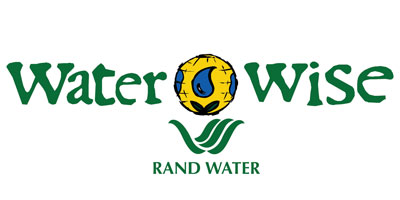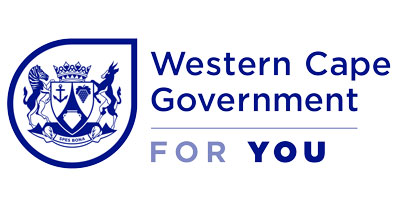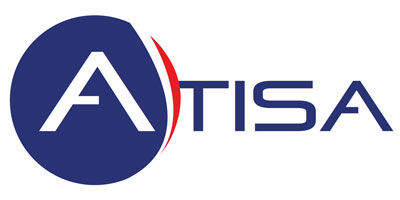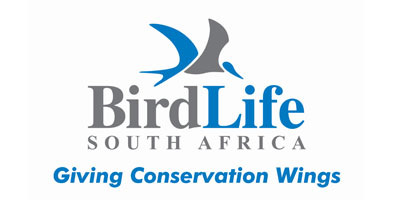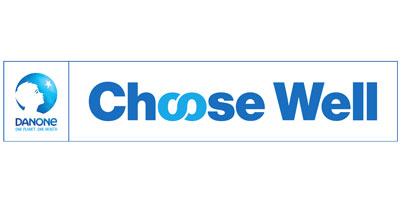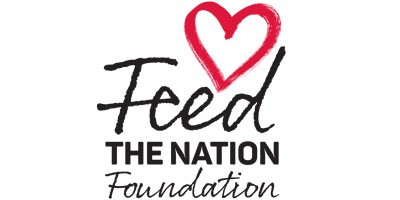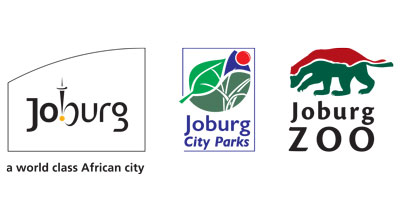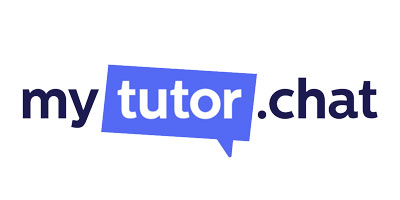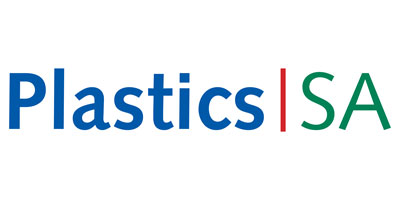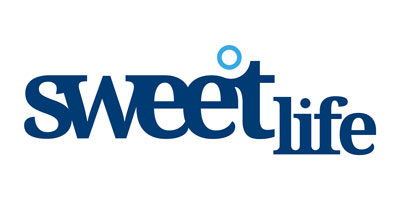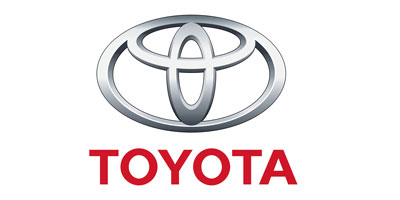On the 27th April, we celebrate Freedom Day in South Africa which is a public holiday that commemorates the first post-apartheid election held in our country in 1994. This momentous occasion marked the end of over three hundred years of colonialism and segregation through the formation of a new democratic government led by the beloved Nelson Mandela. Years of struggle involving intense hardship, conflict, imprisonment and death were faced by those who fought for freedom. Their actions won the right for every adult South African to vote regardless of race.

Sadly, however, as many as six million young citizens stayed away from the polls in the 2019 general elections. This group of eligible voters are too young to have experienced the euphoria of the first democratic election in 1994. They are presently faced with a reality in which many find themselves uneducated, unemployed and feeling hopeless and neglected by the system. They do not believe that voting will yield progress and stay on the sidelines. Yet, a change in mindset is desperately needed as the youth, who are most affected by election outcomes, need to be heard. Acting collectively is the only way to effect peaceful transformation and remaining passive will not accomplish anything. 22 percent of the voting community are 29 years old or younger (Phahle, 2019). By working together, the young people of South Africa can create an influential voice.
Good citizenship is the only way to improve the general wellbeing of our nation and voting is an important aspect of this. As Musarurwa (2019) stated “civic education is so important, as in order to change systems that are not working, young people need to participate in them at the voting polls and more broadly.” She also encouraged dialogue between generations where older leaders are more in tune with the needs and ideas of the youth, and skills and knowledge are being actively transferred from older leaders to the young.
What is the role of teachers and parents in educating and encouraging high school children to take the responsibility of citizenship, and therefore voting, seriously, when they come of age?
Starting young: good citizenship
From an early age, children can be taught the three R’s of good citizenship that are Respect, Responsibility and Resourcefulness. Learning responsibility begins at home and expands outwards to the community. Children learn that doing small jobs at home is a way of making a contribution and will carry this value through into the wider world.
There are some books that parents and teachers can read with children and discuss to support the development of citizenship skills. Two of these are:
If Everybody Did by Jo Ann Stover. This is available as a read-aloud video at https://youtu.be/GMESXYcW6Io for young readers.
Carl the Complainer by Michelle Knudson, also available on YouTube at https://youtu.be/BUjnJrc1qLE
Connecting within the community
As children grow up, is important for them to learn about the fabric of their communities in a practical way. This can be, for example, through visiting libraries, volunteering at nursing homes or animal shelters, helping at soup kitchens or participating in public tree-planting or clean-up events, and going along with parents when they vote.
Valuing democracy
Older children are able to understand the meaning and value of democracy which was simply defined by Abraham Lincoln as “a government of the people, by the people, for the people.”
One way to show learners the democratic privileges that they have is to compare kingdoms to democracies. Additionally, learning about the history of South Africa and how life was during the apartheid era will help them not to take their freedoms for granted. Liberties such as having different political parties, independent media, free and fair elections, a parliamentary system and commissions for human rights are worth emphasising. Discussions can be conducted around the constitution and the various institutions in the country that operate freely for democracy to be effective, such as the Electoral Commission.
The power of X
High school children from Grade 10 onwards need to learn that voting is both a right and a duty and that every vote counts. Voting gives a person power to express political choices and the ability to determine the direction their country takes. Teens should be taught that each person with an ID book or Smart ID card can register to vote regardless of race, religion, gender, sexual orientation or disability and that voting is possible from the age of 18 onwards.
Classes can take part in mock political campaigns and elections to realise the fundamental and practical aspects of free and fair elections and leadership. This includes careful consideration of voting motives that align with the values of democracy such as equality, reconciliation, freedom of expression, rule of law and accountability. Stressing the importance of making informed decisions without undue influence is also necessary.
How democracy works
To enable young adults to make informed political choices, they need to understand the mechanics of how democracy works. This includes, for example, explaining the need for multiple political parties to uphold freedom of choice and the division of labour between cabinet, ministries and departments.
More parents and educators need to engage with young learners in an impactful way about this issue. Hopefully, then, the younger generation will uncover their power through a combined voice.
–
References
Bright Horizons. (2019). Teaching Children How to Be Good Citizens. Brighthorizons.com. Retrieved 17 April 2020, from https://www.brighthorizons.com/family-resources/how-to-be-good-citizen-for-kids.
Department of Basic Education. (2013). Elections.org.za. Retrieved 17 April 2020, from https://www.elections.org.za/content/Documents/Voter-education/Continuous-Voter-Education/Becoming-a-Good-Citizen–Electoral-democracy-toolkit-for-teachers-grade-10-to-12-(PDF)/.
Musarurwa, H. (2019). www.iol.co.za. Retrieved 17 April 2020, from https://www.iol.co.za/news/politics/opinion/elections2019-we-need-young-people-to-vote-for-their-sake-and-ours-22350953.
Phahle, S. (2019). The youth need to vote – The Mail & Guardian. The Mail & Guardian. Retrieved 17 April 2020, from https://mg.co.za/article/2019-05-04-00-the-youth-need-to-vote/.








